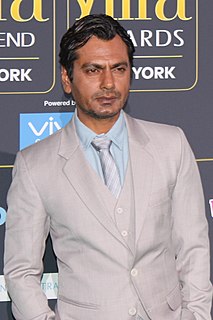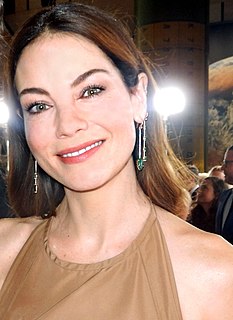A Quote by George Saunders
I tend to foster drama via bleakness. If I want the reader to feel sympathy for a character, I cleave the character in half, on his birthday. And then it starts raining. And he's made of sugar.
Related Quotes
The first thing that happens is the cleansing of the former character. I don't think a lot of actors talk about it, but there is usually a process where you essentially purge yourself of the character played prior to the movie. Then you want to think about what the character represents, and you write down all of the elements about this character and then take the time to find some synchronicity and start breathing the character.





































